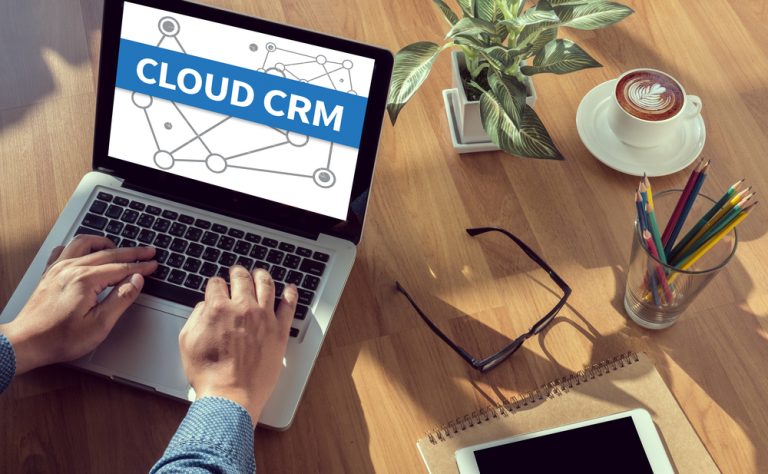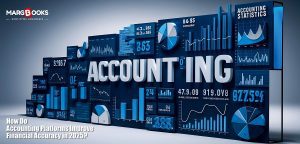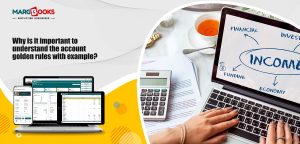What is Cloud-Based Accounting Software?
Cloud-based accounting software refers to an accounting program hosted on remote servers rather than being installed locally on a desktop or server. It allows users to manage their financial data, perform accounting tasks, and access various financial tools via the internet. The software is typically subscription-based, and users can access it through a web browser or mobile app.
Examples of popular cloud-based accounting software include MargBooks, QuickBooks Online, Xero, FreshBooks, and Wave.
How It Works
- Web Access: Since the software is hosted in the cloud, users can access their accounts and financial information through a secure internet connection from anywhere, on any device (laptop, tablet, or smartphone).
- Data Synchronization: All data entered into the software is automatically synced with the cloud. This allows for real-time updates and seamless access to the latest financial information, ensuring accuracy and consistency.
- Security and Backup: Data is typically encrypted and backed up regularly in the cloud, reducing the risk of data loss due to hardware failure or other disasters.
- Automation and Integration: Many cloud-based accounting platforms offer automation features such as invoicing, expense tracking, payroll management, and tax calculations. They also integrate with other software tools like CRM systems, e-commerce platforms, and bank accounts for streamlined operations.
Benefits of Cloud-Based Accounting Software
- Accessibility: Cloud accounting allows users to access financial data anytime and from anywhere with an internet connection. This is particularly beneficial for businesses with remote teams or multiple locations.
- Cost-Effective: Since the software is subscription-based, businesses avoid large upfront costs associated with purchasing and installing traditional accounting software. Additionally, there is no need for a dedicated IT team to maintain the system.
- Automatic Updates: Cloud-based accounting platforms frequently update their features, security protocols, and tax compliance requirements, which means businesses always have access to the latest tools and are up-to-date with any changes in financial regulations.
- Collaboration: Multiple users can collaborate on the same financial data in real-time. This is especially useful for accountants, bookkeepers, and business owners who need to work together on financial matters.
- Security: Cloud accounting providers use advanced encryption and security measures to protect sensitive financial data, often more robust than what a small business could implement on its own. Additionally, cloud providers back up data regularly to prevent data loss.
- Scalability: Cloud-based solutions are highly scalable. As a business grows, the software can adapt to handle increased transactions, additional users, and more complex accounting needs.
- Integration with Other Tools: Many cloud accounting platforms allow integration with other tools such as payroll software, inventory management systems, and banking institutions, which creates a seamless workflow.
- Eco-Friendly: Since cloud-based accounting software doesn’t require extensive hardware infrastructure, it is a more environmentally sustainable option compared to traditional desktop-based systems.
- Time-Saving: With automated processes like invoicing, tax calculations, and reporting, businesses can save time on manual tasks and focus on more strategic activities.
Conclusion
Cloud-based accounting software offers a modern and efficient way for businesses to manage their finances. It enhances accessibility, security, and collaboration, while also providing cost-effective and scalable solutions. Whether you’re a small business or a growing enterprise, the transition to cloud accounting can streamline financial operations and improve overall business performance.




